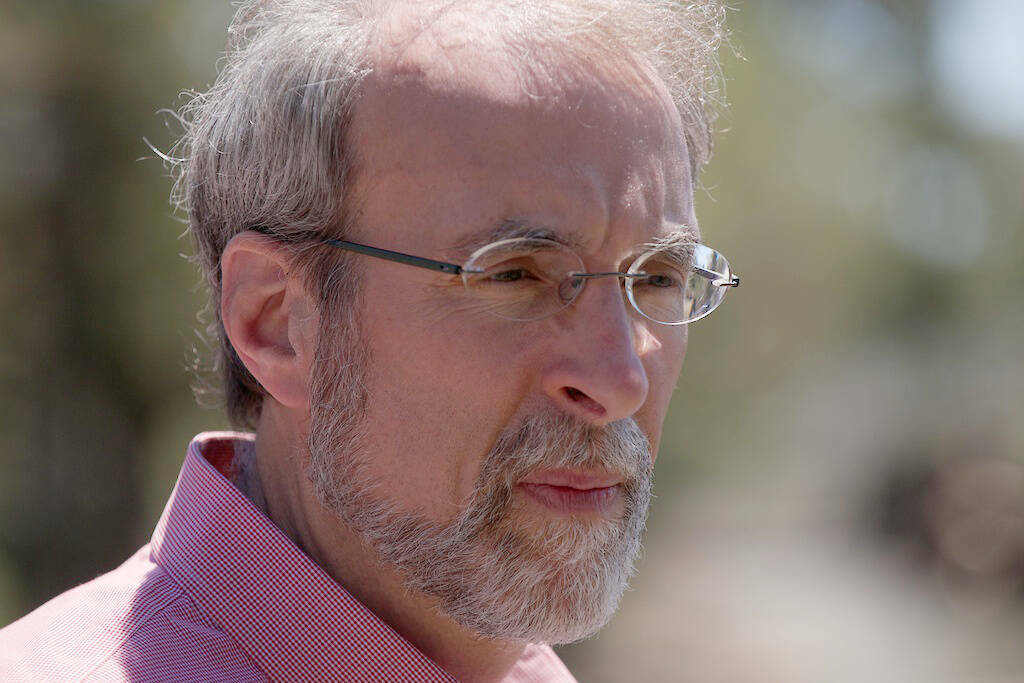Supporters of Herbert Hoover’s 1928 campaign for president ran newspaper ads with the headline, “A Chicken for Every Pot.”
An impractical campaign pledge, though maybe it helped: Hoover won the election. But he then presided over the start of the Great Depression in 1929, when many could afford neither a chicken nor a pot.
Almost 100 years later, political campaigns are still promising a better life for voters, though the price tag has risen far above the cost of a chicken, or a pot, or even an entire new kitchen.
In rare cases, the country can afford such political bribery.
Such as the South American nation of Guyana, which has experienced the oil-wealth equivalent of going from 0 to 60 in record time. The nation of 800,000 people went from zero oil production to more than 600,000 barrels a day this fall, with plans to double that by 2027. Guyana’s president, ahead of next year’s elections, last week promised free college tuition, a one-time cash payment of nearly $1,000 for every household, cutting power bills by half and increasing the monthly minimum wage.
But the Guyana president is playing catch-up to former president Donald Trump, who started making similar rich promises to American voters months ago. The difference being, the South American oil powerhouse probably can afford to write the checks, while the U.S. Treasury would need to borrow trillions more dollars to cover Trump’s promises.
One of the latest buy-the-vote promises from the Republican candidate for president is to allow Americans to deduct the interest on car and truck loans from their federal income taxes. No surprise, he made the pro-car announcement in Detroit, home to the U.S. auto industry and the biggest city in one of the biggest swing states in the election.
He also has promised no more federal income taxes on Social Security benefits, and no taxes on overtime or worker tips. Trump played the tax-free-tips card while campaigning in Nevada, another swing state that could help determine who wins the White House.
“To those hotel workers and people who get tips, you are going to be very happy, because when I get to office we are going to not charge taxes on tips, people making tips,” Trump said. “We’re going to do that right away, first thing in office.”
Forget the detail that a president cannot change tax law; Congress holds that power. Promises sound better if you ignore the details.
But details matter, especially when it comes to government spending — or lack of government revenue, it all adds up the same.
The Committee for a Responsible Federal Budget, a respected nonpartisan think-tank which advocates for reduced federal deficits, added up all of Trump’s tax promises and pledges to increase spending and raise revenues with higher tariffs on imported goods. The total would increase the federal debt by $7.5 trillion through 2035, about 20% more than it is today.
Giving equal time to equally pandering politics, Democratic candidate Vice President Kamala Harris mimicked Trump by promising to end taxation of tips, and certainly has her own list of tax changes and spending pledges. But she’s a low-cost promiser compared to the former president: The Committee for a Responsible Federal Budget estimates the Harris plan would add $3.5 trillion to the federal debt by 2035.
Maybe the U.S. government could earn airline mileage from putting trillions of dollars of new debt on a credit card. Trump could then promise free travel to win more votes. A chicken for every pot just isn’t good enough anymore.
Larry Persily is the publisher of the Wrangell Sentinel.

